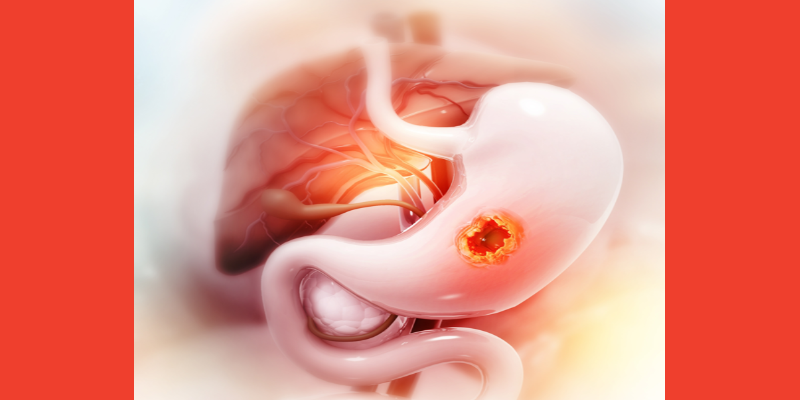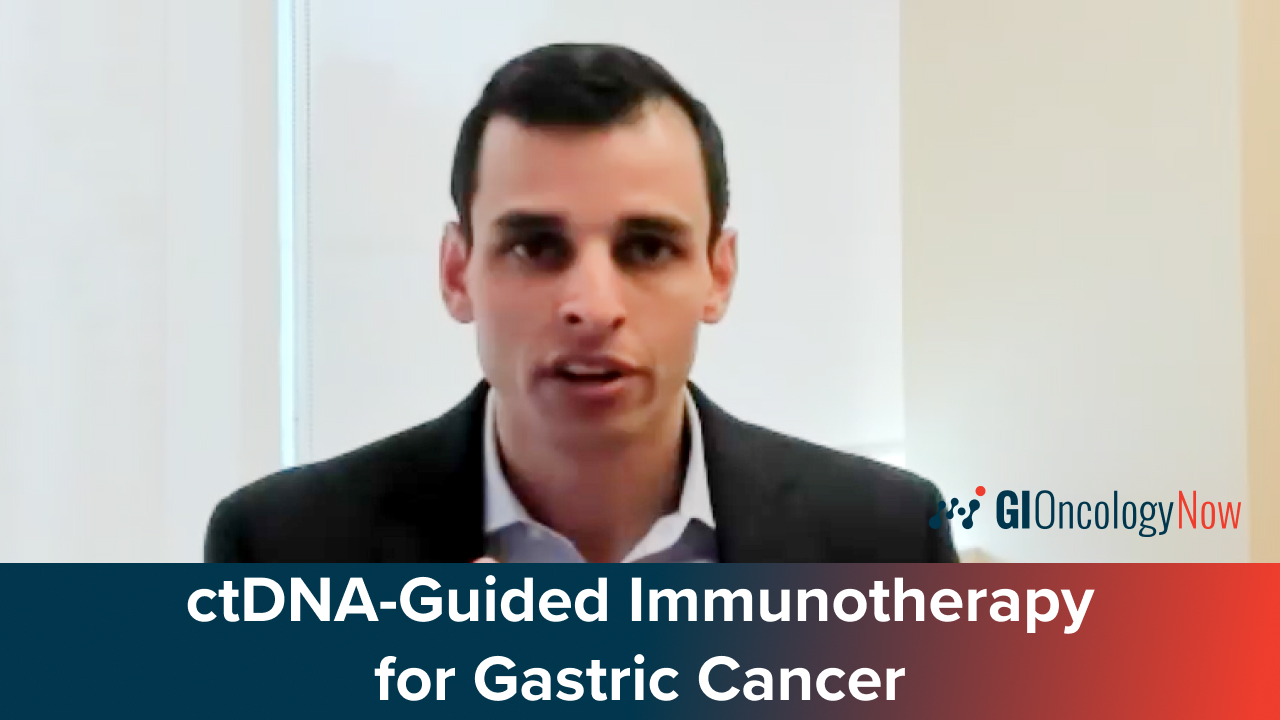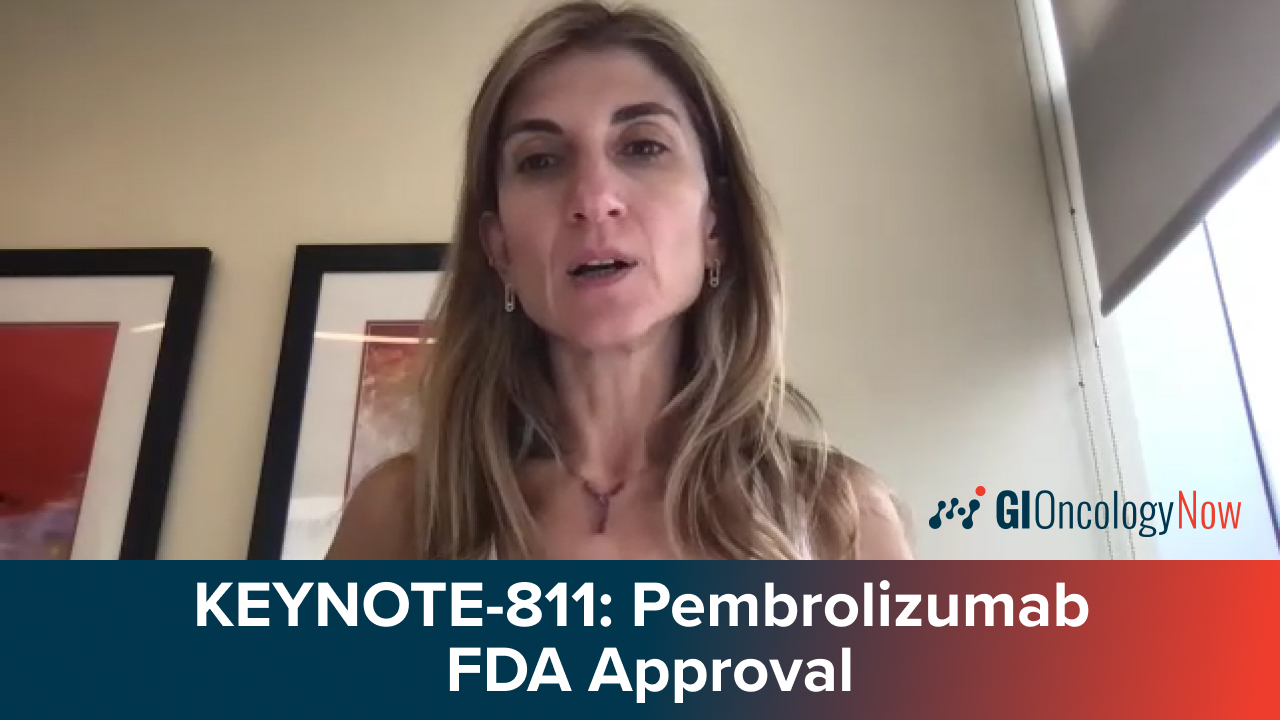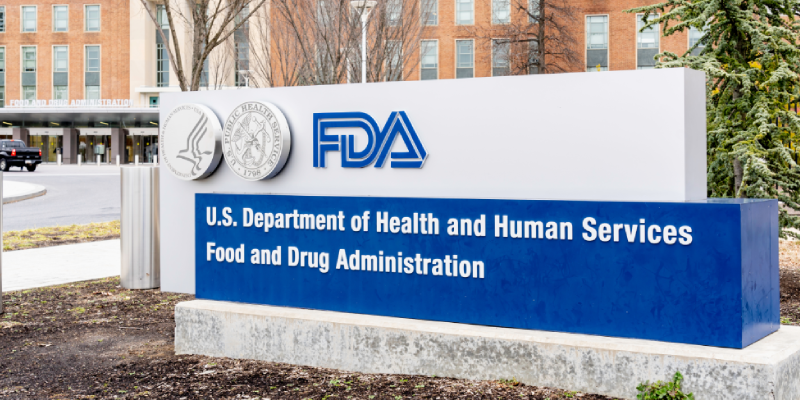
The positive effects of combination neoadjuvant and adjuvant chemotherapy and immune checkpoint inhibition for patients with locally advanced, resectable gastric or gastroesophageal adenocarcinoma are currently undetermined. A recent phase 3 study led by Kohei Shitara, MD, and published in The Lancet Oncology, evaluated the antitumor activity of neoadjuvant and adjuvant pembrolizumab plus chemotherapy in these patients.
The randomized, double-blind study assigned patients using a 1 to 1 ratio to receive either neoadjuvant pembrolizumab 200 mg or placebo plus cisplatin-based doublet chemotherapy every 3 weeks for 3 cycles. Patients then underwent surgery followed by adjuvant pembrolizumab or placebo plus chemotherapy for 3 cycles. They then received adjuvant pembrolizumab or placebo for 11 cycles.
Researchers randomly assigned a subsection of patients to receive pembrolizumab or placebo plus fluorouracil, docetaxel, and oxaliplatin (FLOT)-based chemotherapy every 2 weeks for 4 cycles. They then underwent surgery, adjuvant pembrolizumab, or placebo plus FLOT for 4 cycles. Following this treatment, they received adjuvant pembrolizumab or placebo for 11 cycles.
The trial’s primary endpoints included pathological complete response, event-free survival, overall survival, and safety.
Of the 804 patients included in the study, 402 were in the pembrolizumab plus cisplatin-based chemotherapy group and 402 were in the placebo plus cisplatin-based chemotherapy group. Of the 203 patients who received FLOT, 100 received pembrolizumab plus FLOT, and 103 received placebo plus FLOT.
Researchers found that after a follow-up of 47.7 months, pembrolizumab showed increased benefits compared with placebo for pathological complete response (95% CI, 9.8-16.6). Event-free survival did not show significant improvement compared to the placebo group (44.4 months; 95% CI, 33.0 vs 25.3 months; 95% CI, 0.67-0.99; P=0·0198).
Dr. Shitara and colleagues concluded that neoadjuvant and adjuvant pembrolizumab versus placebo showed slight benefits for patients.
“Although neoadjuvant and adjuvant pembrolizumab versus placebo improved the pathological complete response, it did not translate to significant improvement in event-free survival in patients with untreated, locally advanced resectable gastric or gastroesophageal cancer,” the researchers wrote.







 © 2025 Mashup Media, LLC, a Formedics Property. All Rights Reserved.
© 2025 Mashup Media, LLC, a Formedics Property. All Rights Reserved.